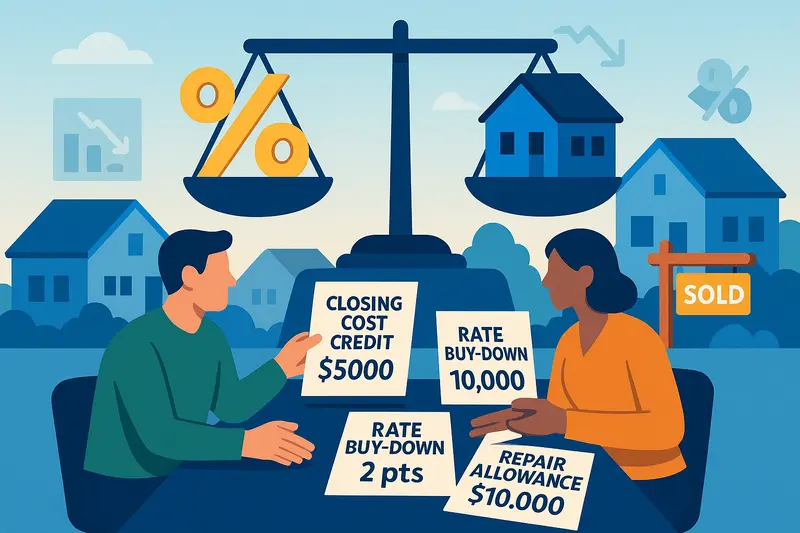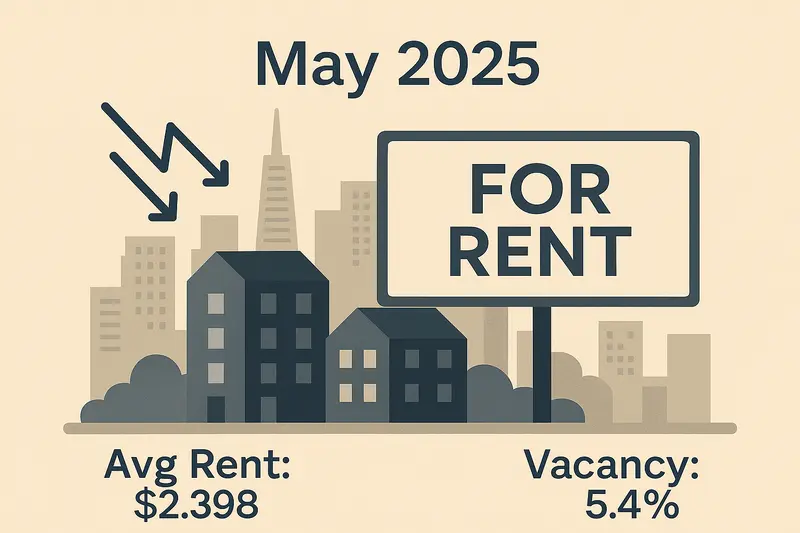When You Can Waive Your Mortgage Escrow and What It Means
Question
Answer
Many homeowners wonder about a mortgage escrow waiver—an option that lets you skip having an escrow account for taxes and insurance. Instead of your lender collecting and paying your property tax and homeowners insurance from an escrow account, you pay them directly. Understanding how a waiver works can help you decide if it aligns with your budgeting style and risk tolerance.
What Is a Mortgage Escrow Waiver?
An escrow waiver removes the requirement for an escrow holdback. Normally, each monthly mortgage payment includes principal, interest, property taxes, and insurance premiums. With a waiver, your payment covers only principal and interest. You then pay your tax bill and insurance premiums on your own schedule, without lender involvement.
Who Qualifies for an Escrow Waiver?
- Lenders typically require a loan‑to‑value (LTV) ratio below 80%—meaning you’ve built at least 20% equity.
- You must have a strong credit score, often above 740, and a clean payment history.
- Waiver fees vary: some lenders charge a one‑time fee (0.25–0.50% of loan amount) or an annual fee up to $150.
- Certain loan types—like FHA, VA, or USDA loans—often prohibit escrow waivers.
Advantages and Drawbacks:
- Cash flow control: You retain funds until taxes and insurance are due.
- Avoid lender fees: If you have a high-yield savings account, you may earn interest rather than providing funds upfront.
- Risk of missed payments: You’re responsible for on‑time tax and insurance payments. Late payments can trigger penalties or policy lapse.
- No payment smoothing: Without monthly escrow contributions, you must budget lump‑sum payments.
Before requesting a waiver, compare your cash‑flow flexibility against the discipline needed to pay large bills on time. It’s advisable to consult your mortgage servicer about specific fee schedules and eligibility. Buyers are recommended to verify state‑specific escrow requirements, as some states impose minimum escrow rules.
Deciding on an escrow waiver depends on your financial habits and risk tolerance. If you prefer full control over your funds and can reliably manage tax and insurance bills, a waiver may suit you. Otherwise, keeping an escrow account ensures peace of mind and automatic payments. Consider discussing with a licensed mortgage professional before making a final decision.


